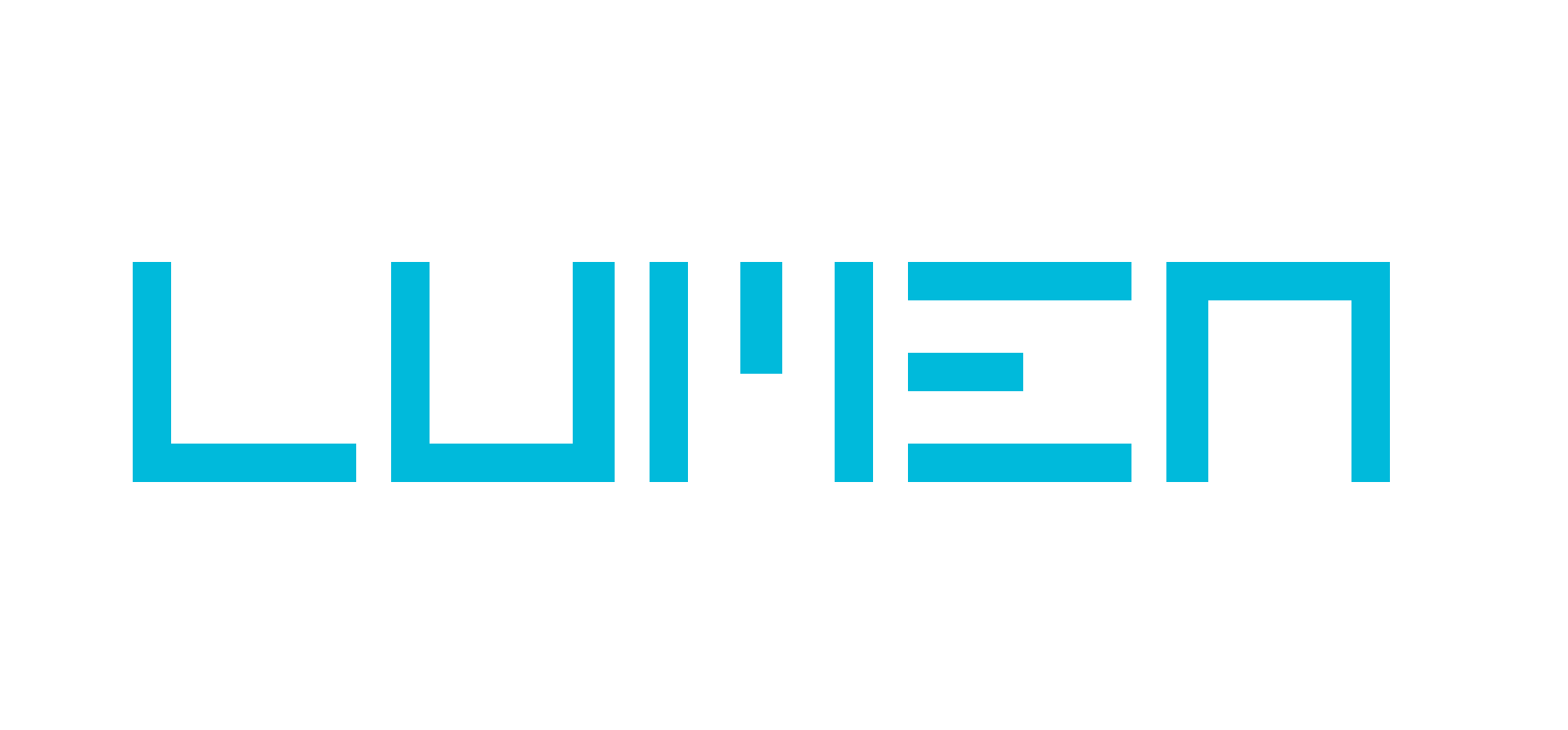00.00
Facebook and Lumen debate inputs and outputs
There has been much debate recently about the cost and the value of attention to advertisers. Lumen got the ball rolling back in January, when we published an article in partnership with Ebiquity that looked at the average attention ads in different media generate, and the price that advertisers pay to buy that attention, to understand the true cost of attention (you can download the slides here and sign up for the extended version here).
That produced a thoughtful response from Facebook, who felt we were perhaps missing a trick. It’s not the cost of the advertising that matters, but the value that it creates for the advertiser. Smart media owners (and they don’t come much smarter than Facebook) should be selling outcomes rather than inputs.
Well, yes. We agree that it’s not the impressions you buy, but the impression you make, that counts. But the impression that ads leave on the minds of consumers is the product of both media and meaning. And media owners – especially media owners as smart as Facebook – should know that they only own one of those.
So it’s welcome that WARC have released a podcast about attention, media and meaning that we recorded with Ian Edwards from Facebook and Karen Nelson-Field from Amplified Intelligence a couple of months ago. In it we talk about the surge in research into attention, the debate about the ‘attention economy’, and the role of responsible media owners (and the advertisers who pay for them) in creating a sustainable media ecosystem.
But for me, the most interesting section is towards the end when we start to talk about the distinction between media and meaning.
As Ian Edwards says, attention isn’t the advertiser’s objective. Sales are. At Facebook, they start with the end in mind: how can they create advertising products that will drive sales most efficiently for clients.
This is surely the right thing to aim for. But Facebook isn’t – and can’t be – held solely responsible for those sales. They can provide a wonderful opportunity for advertisers to be seen. They can even help ensure that those ads are seen by people who might be more interested in the product than the random man in the street. But even when this is done, there is still a lot of work to do, because advertising isn’t just about exposure. It’s also about communication.
What you say – and how you say it – matters. Who is doing the talking matters. What they are trying to achieve by the communication matters. All these things matter when it comes to generating sales – and none of them is in the control of the media owner. That’s not their fault – they are only partly responsible for the inputs of an advertising campaign. But by the same logic, they are also only partly responsible for the outputs too.
Judging publishers on their ability to drive sales sounds like a good idea but elides the contributions of media and meaning to effective communication. Instead of synthesizing all the factors into one number, we should be analysing the contributions of each factor to isolate their specific impact – and value. We should judge publishers on how good they are at doing the things that they can control, and not on what they can’t.
And this, of course, is exactly what the new Dentsu Attention Economy project attempts to do. It’s the largest eye tracking study ever undertaken, investigating how effective different media are in generating attention for advertising. You can sign up for the first look at the data which will be released next week here.
00.00










